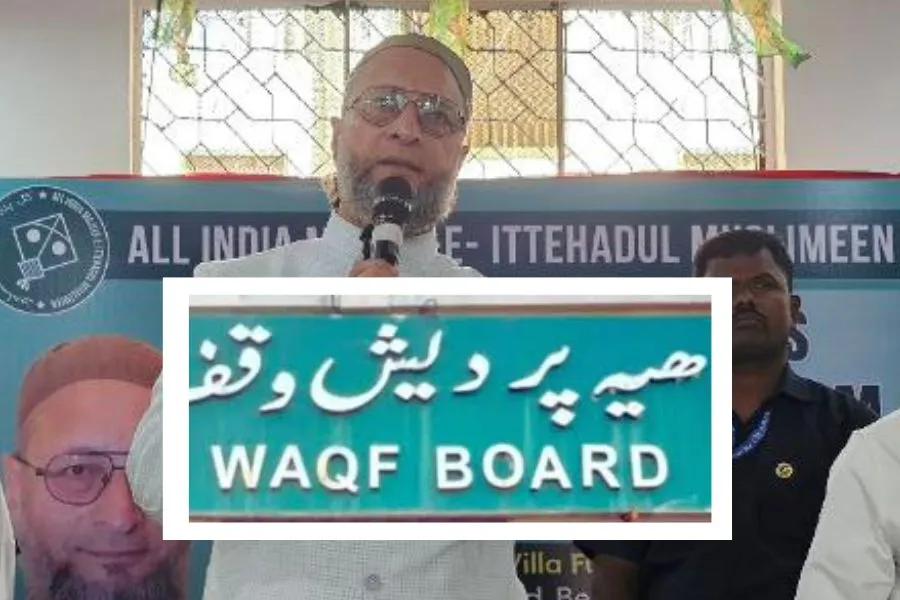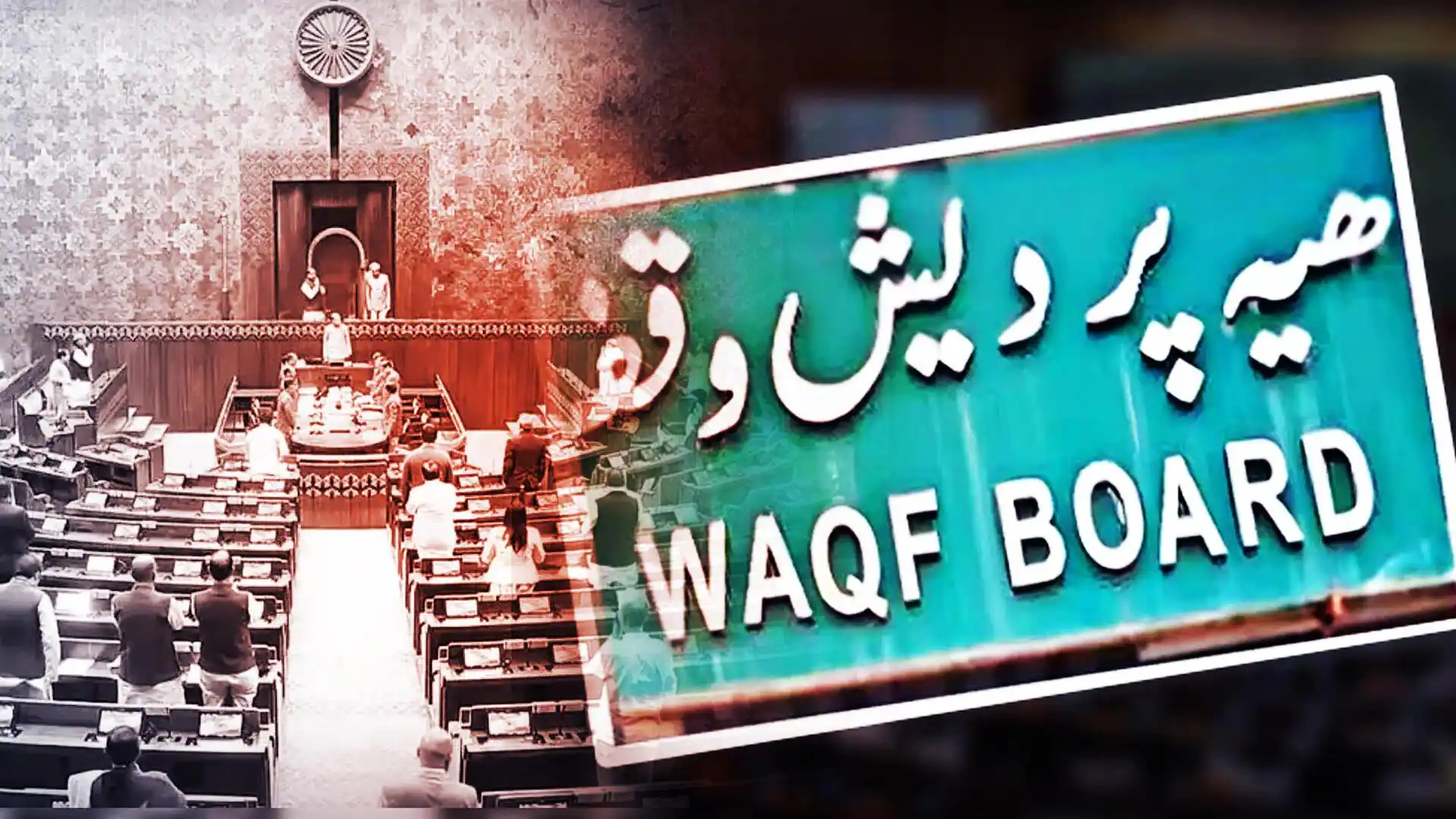Waqf Board
What is Waqf?
A Waqf is a permanent endowment of movable or immovable property (like land, buildings, or money) made by a Muslim, for purposes recognized by Islamic law – such as:
- Building and maintaining mosques
- Running madrasas (Islamic schools)
- Providing charity to the poor
- Supporting graveyards, orphanages, etc.
Once a property is declared Waqf:
- It cannot be sold, gifted, or inherited.
- It belongs to God, and its benefit must go to the designated charitable purpose.
The original Waqf Act, 1995 governs waqf properties (endowments for religious / charitable purposes in Islam). Government claims the amendment is to:
- Prevent encroachment.
- Improve transparency.
- Simplify dispute resolution.
- Enhance governance of Waqf properties.

What is Waqf Board?
- A Waqf Board is a statutory body established under the Waqf Act, 1995 to administer and manage waqf properties in a state.
- These boards ensure that waqf properties — which are dedicated for religious or charitable purposes by Muslims — are properly maintained and used for the intended objectives.
Key Concerns Raised by Critics
Govt. interference
- Proposed changes could empower the government to declare Waqf properties invalid, raising concerns over misuse and undermining judicial scrutiny.
- Example: Proposed deletion of Section 40 which allowed Waqf Boards to determine what is a waqf property.
Survey of Waqf Properties
- The Bill seeks to shift responsibility of Waqf property survey from Waqf Boards to District Collectors (or a government-nominated officer).
- Critics say this undermines autonomy of the community.
Representation on Waqf Boards: The Bill allows non-Muslims to be appointed to Waqf Boards. Critics say this could interfere with religious administration and is unconstitutional.
Limitations on Judicial Review
- Section 107 of Waqf Act (protection from civil court jurisdiction) is proposed to be strengthened.
- Critics argue this will block legal remedies for those affected by wrongful Waqf property declarations.













